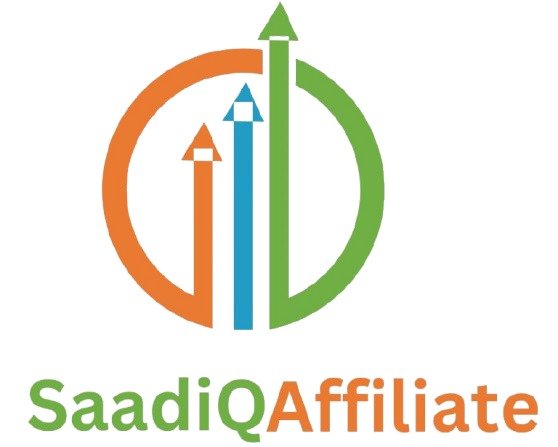
What Is Digital Marketing?
Digital marketing is all about marketing through electronic devices and online. Some major ways of digital marketing involve Search Engine Optimization (SEO) which is simply the visibility enhancement of a website in the Search Engine Result Pages (SERPs). Another technique involves Content Marketing which is the process of creating valuable, relevant content with the purpose of attracting and retaining a clearly-defined audience. SMM is Social Media Marketing; it involves targeting customers by using social networks such as Facebook, Instagram, LinkedIn, Twitter, and others where individuals gather. Yet another technique of digital marketing includes Pay-Per-Click (PPC) advertising and consists of driving visitors successfully to websites through placements and payment for the advertisements. Email marketing is the sending of targeted messages to prospective customers or those customers that have already patronized the company’s product or service. This message could have relevance to any offer, event, or any other news. Finally, affiliate marketing is sponsoring people or companies in marketing products or services for a fee.
Why Digital Marketing Matters
- Greater Scope: Many billions of people across the world are connected every day, thus making digital marketing a business’s greatest opening into the global market.
- Cost-Efficiency: Social media advertising and email marketing are forms of digital marketing that costs much lesser than any conventional approach, yet returns measurable profits.
- Data Insight: Businesses can keep tabs on consumer behavior, the performance of campaigns, and overall impact using tools like Google Analytics, Facebook Insights, and HubSpot.
- Personalization: As digital marketing allows customization of content and offers based on customer demands, it puts the shoe on the other foot in making an experience more personal.
- Flexibility: While traditional marketing does not allow this, a campaign can be paused or adjusted instantaneously as performance metrics allow.

Key Digital Marketing Strategies
- SEO (Search Engine Optimization): SEO is important for bringing organic traffic to websites. It is through optimizing the web content with keywords and improving site speed, along with earning backlinks, that businesses get higher ranking in search engines such as Google. A strong SEO strategy builds trust and authority.
- Social Media Marketing (SMM): Confine customer engagement to these very important channels such as Instagram, Facebook, TikTok, and LinkedIn. Fans can view their favorite celebrities’ advertisement through these platforms. These platforms also have access to their audience through posts, stories, live videos, and the like.
- Content Marketing: This is followed by blogs, videos, infographics, and eBooks, which are among the better tools that engage potential customers. Good quality content can be either productive, educational or entertaining; all these also inspire an audience, leading to its conversion.
- Email Marketing: Email is still regarded as one of the best means of nurturing leads. Personalized campaigns often yield higher open rates and conversions.
- Pay-Per-Click (PPC) Advertising: Platforms such as Google Ads as well as various social media allow businesses to target specified demographics, thereby ensuring that their message receives the intended audience.
- Influencer Marketing: Tying up with an influencer can really help a brand reach out to a wider audience, more so amongst niche audiences: Influencers usually are trusted by their followers, making their endorsements very effective.
Trends in Digital Marketing
- Artificial Intelligence (AI): AI-powered tools such as chatbots, recommendation engines, and predictive analytics will utterly transform the customer experience, providing timely content that is relevant to their needs.
- Voice Search Optimization: With the emerging era of intelligent speakers and voice assistants, optimizing for voice search will become necessary.
- Video Marketing: TikTok and YouTube Shorts will start flourishing more with video and the likes of short-form videos.
Challenges in Digital Marketing
Here are a few advantages or merits which digital marketing can give to you but it has its own cons or challenges:
- Competition: It is a very chaotic place, and you will have to be creative and consistent to shine amongst the innumerable brands out there.
- Privacy Issues: There are boundaries that need to be respected between personalization of marketing and consumer privacy.
- Ad fatigue: When people get bashed with too many digital ads, they become highly desensitized to them, making it much harder to grab their attention.
- Constant Evolution: Digital platforms and algorithms are constantly changing, and that means marketers have to keep themselves updated every time.
